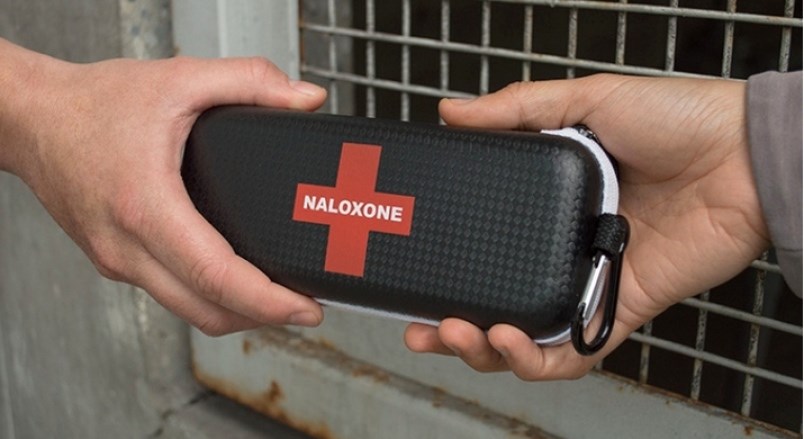The overdose reversal drug naloxone is now being made available in pharmacies in a new provincial initiative to reduce opioid deaths. And judging by comments on our online story about this, the policy has drawn mixed reviews.
Some people think providing the kits promotes drug abuse because people know they will likely be revived if they OD while others say it’s just another drain on taxpayers by people who are doing harm to themselves.
There are others, however, who note there are many people who use substances that could contain fentanyl and these kits will save their lives.
It’s understandable that many are concerned that this new policy does nothing to get people off drugs, which is what puts them at risk of overdosing.
But while more detox and long-term beds for people in recovery are necessary, making naloxone more widely accessible is still a sensible policy.
It addresses the immediate problem of drug overdoses, which are on the rise, thanks to the introduction of fentanyl into the drug stream. According to reports from the BC Coroners Service, most overdose deaths now involve fentanyl and the number of deaths has been skyrocketing since the introduction of this powerful synthetic opioid developed for managing pain.
So why do we even have this problem, and why now? Researchers say it’s a perfect storm resulting from over-prescription of addictive prescription painkillers and the ease with which fentanyl has crossed borders into the drug supply. There has always been opioid addiction, what’s new is the overdose crisis.
There is no easy way to close the Pandora’s Box now that it has been opened but making naloxone more available should make it easier to revive those who use drugs indoors or at home.
The next step would be to find ways to convince those who do overdose that dealing with their addiction, as challenging as that might be to do so, is the next best step for them while also ensuring that treatment is available.
This final step, we have been assured, is a number one priority for the new minister of mental health and addictions, and for that we await more details in the New Year.



